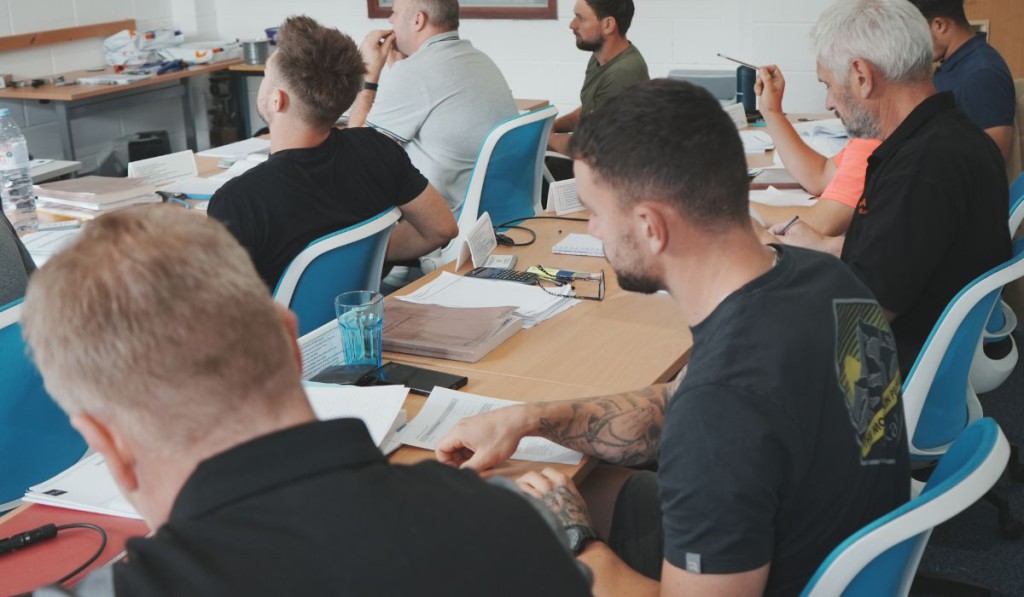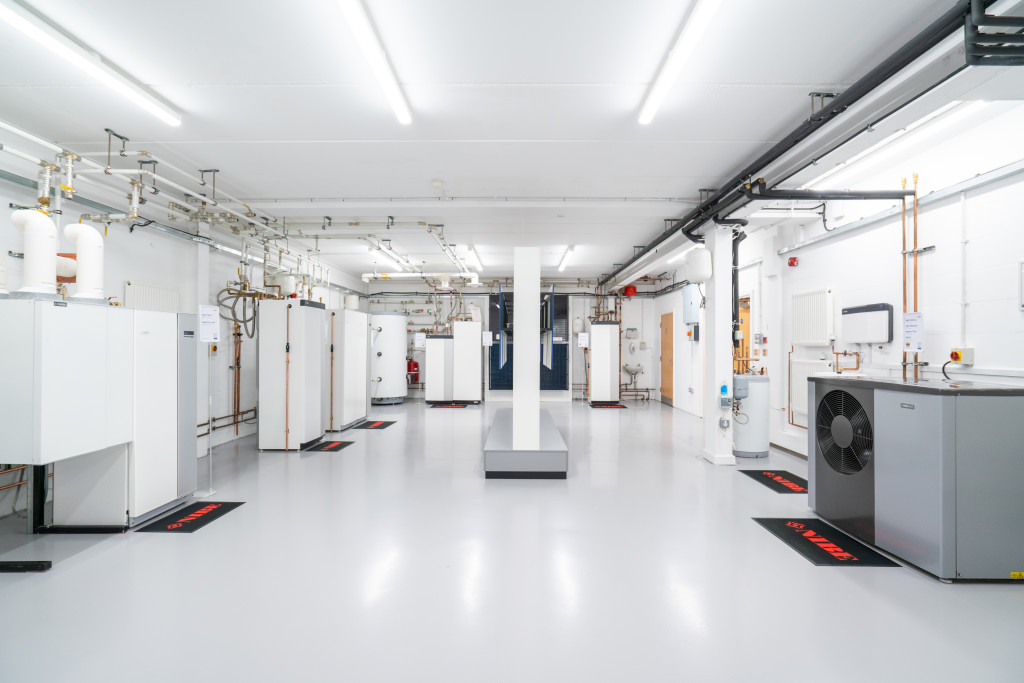Closing the green skills gap

Griff Thomas, Managing Director at GTEC Training, analyses the challenges involved in building the workforce behind the UK’s Net Zero goals.
The UK has set itself an ambitious target to reach Net Zero carbon emissions by 2050. This challenging but achievable vision calls for bold commitments to renewable energy, clean transportation and low carbon housing. But there’s one challenge that
too often gets overlooked – people. Without a skilled, motivated and abundant workforce, these technologies cannot be installed at the scale required. In simple terms, reaching Net Zero is not possible without closing the green skills gap.
The scale of the challenge
The figures are stark. The UK needs hundreds of thousands of new workers in the next decade to design, install and maintain low carbon technologies. From heat pumps and solar PV to electric vehicle charging and home retrofits, the pipeline of projects is immense. Yet today, we are already falling short. The number of accredited heat pump installers, for example, remains a far cry from what is needed to meet government targets. By late 2024, MCS-certified heat pump contractors exceeded 5,000, but over 41,000 are needed to support the government’s previous target of 600,000 installations annually.
And we need to act on this with urgency. Every year we fail to bring enough skilled people into the sector, our decarbonisation milestones become harder and more expensive to reach.
Why skills are the hidden barrier to Net Zero Technology is advancing, and investment is flowing, but skills are the bottleneck. If there aren’t enough trained installers, deployment slows down. If workers are rushed through inadequate training, the risk of poor quality installations rises, undermining public confidence in new technologies.
There’s also an economic risk. A shortage of skills could mean that opportunities in the green economy are missed, with businesses struggling to grow and the UK falling behind international competitors. And there’s a social consideration too, with communities most in need of affordable, efficient energy solutions potentially waiting the longest to benefit.
What’s holding us back?
Several barriers contribute to the skills shortage, and lack of awareness is a major one. Many young people, and those considering changing careers, aren’t tuned in to the vast opportunities in green industries. Low carbon careers rarely appear in school guidance or mainstream recruitment campaigns.
Then there are training bottlenecks. While providers like GTEC Training are focused on expanding training capacity, there are limited trainers and facilities available. Finances to fund courses and training can also be a barrier for many tradespeople, with retraining and upskilling requiring time and money that’s not easily spared.
Finally, uncertainty around policy and incentives has made the industry less attractive. Installers want assurances that government support schemes will be long-lasting, giving them confidence to invest in training and equipment.
A coordinated solution
Closing the green skills gap will require a truly coordinated approach, built on long-term thinking and collective action. This means:
• Long-term planning: A national workforce strategy aligned with Net Zero goals, setting out how many workers are needed, in which regions, and by when.

• Collaboration: Government, industry and training providers working together.
• Investment in training infrastructure: More training centres, more equipment and more qualified trainers.
• Financialsupport:Grants, subsidies or low cost loans to help individuals retrain and upskill.
• Career awareness: National public campaigns to promote careers in the low carbon economy, helping to reposition trades such as heat pump installation or solar engineering as modern, respected and future-proof professions.
• Quality and standards: Ensuring that training and accreditation maintain high standards, protecting consumers and safeguarding the reputation of the sector.
The role of training providers
As a training provider, I see the challenge up close. We work closely with installers who want to transition into renewables, whether from traditional plumbing and heating backgrounds or entirely different industries. We know the appetite is there and people want to be part of the transition, but they need clear pathways and support to make it viable.
We’ve seen that increased awareness and availability of funding boosts uptake dramatically. That’s proof the sector can grow quickly with the proper backing. What’s needed now is scale and consistency. Training providers can be the bridge between policy and delivery, but we need sustained support to build the long-term capacity the UK requires.
A call to action
The green skills gap isn’t an abstract problem for tomorrow. It’s the critical barrier to meeting the UK’s Net Zero goals today. The good news is that solving it will bring huge benefits. Developing a skilled low carbon workforce means creating tens of thousands of secure jobs, boosting regional economies and helping households reduce their energy bills.
We cannot afford fragmented initiatives or short-term fixes. The UK needs a coordinated, properly funded strategy that places people as the cornerstone of the Net Zero journey. With the right investment in skills, we have the potential to meet our targets and position the UK as a global leader in the green economy.
Net Zero is a technology challenge, but above all, it’s a people challenge. Let’s give our workforce the training, support and recognition they need to deliver it.







